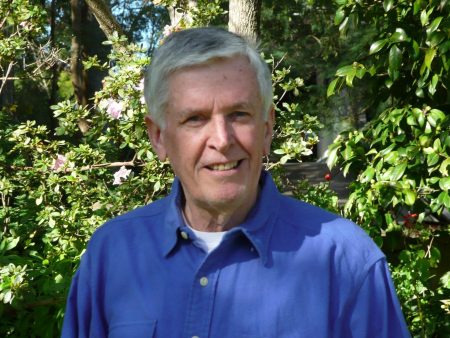JOHN TULLOH: Be careful what you say about Malaysia.
April 10, 2018
Perhaps it is time for DFAT to issue a travel advisory about Malaysia, namely be very careful what you say about the country. Uttering anything amounting to fake news is now a criminal offence. Offenders can be fined up to $166,000 or be jailed for as long as six years - even if youve never been to the country.
Malaysia last week enacted a law prohibiting fake news. It just so happens that a general election is in the offing. The Kuala Lumpur government would not welcome more talk about the alleged corruption on a grand scale of Prime Minister Najib Razak or the cynical gerrymandering to get him across the line once more.
Najibs UMNO-led coalition is favoured to retain office, just as it has done ever since Malaysias independence in 1957. But he wants a better result than the past two polls. In 2008, UMNO lost its two-thirds parliamentary majority and in 2013 the popular vote.
This time he has his predecessor, the wily long-time former PM, Dr Mahathir Mohamad, running at the head of an opposition alliance at the age of 92. As he still has a lot of support among rural Moslem Malays in the kampongs, this could be a problem for Najib.
It also just so happens that the countrys Election Commission has thrown him a lifeline with revised seat boundaries. Those where the opposition is strong will have up to four times as many voters as in safe UMNO electorates, making it easier for the government to win more seats. Furthermore, the number of public service workers who are compelled to vote by post and who value their government jobs has suddenly increased dramatically.
Normally, Najib would have little to worry about when the economy is doing so well. But thats not enough to dispel what has been the countrys worst-kept secret: the identity of MO1 - Malaysian Official One - in a US Justice Dept report on the ransacking of 1MDB, the state development fund under Najibs chairmanship. The US Attorney-General, Jeff Sessions, said it was the worst case of kleptocracy he had ever encountered. Much of the ill-gotten gains have been invested in America.
But Malaysias own A-G last year cleared Najib of any wrongdoing and now to suggest otherwise would be deemed fake news. Nevertheless what you can ban from public intercourse doesnt mean the scepticism goes away in the electoral consciousness. After all, the misappropriated sum attributed to MO1 is $880 million and who else could it be?
Najibs enigmatic demeanour might change if the poll ends with the Pan Malaysian Islamic Party (PAS) holding the balance of power. Its price might be an extension of sharia law beyond its current limitation of ruling on Moslem family law disputes. According to the Australian, this might include the introduction of hudud penalties, such as amputations for thieves and beheadings for murderers. Polls show high Moslem Malay support for sharia law, but the 30% Chinese and Indian minorities say the very idea causes them understandable anxiety.
Oddly, Mahathir is the PM nominee for an opposition coalition led by his charismatic former deputy, Anwar Ibrahim, whom he jailed on what many regarded as trumped-up corruption and morality charges. He is due for release and, just as well for Najib, it will be after the election. Back in 1995, when he and Mahathir ran together, they won 65% of the popular vote.
It should not be forgotten that in the last election in 2013 the Najib government won 60% of the seats with just 47% of the vote, while the opposition coalition won the popular vote (51%), but ended up with only 40% of the seats. Najib is fortunate in having a pliant Electoral Commission which draws up the electoral boundaries and now he has a parliamentary law which stifles free expression - and uncomfortable accusations - even if it violates the freedom of speech in the constitution.
The government says it is the courts which will decide what is fake news, not the government itself. This defence is disingenuous when there is no formal separation between the government and the judiciary.
Najib wasted no time in reminding the citizenry of the new fake news law. Billboards have appeared in Kuala Lumpur showing Malaysians with Pinocchio noses and their eyes locked on their mobile phones. The ads have a warning: Sharing a Lie Makes You a Liar. Self-censorship will now be the order of the day for Malaysians.
Malaysias neighbours are not in the least troubled by this crackdown on freedom. Singapore - like Malaysia, a one-party state since independence - and the Philippines are planning similar laws, while Indonesia has threatened the same aimed at Facebook ahead of next years election. In Thailand, it is already a crime to spread false information on the Internet. Vietnam has a cyber crime team which monitors wrong views online. Others such as Cambodia, Laos, and Myanmar are anything but paragons of freedom. As The Diplomat noted, it all adds up to less free speech for a region already stifled and tight-lipped.
FOOTNOTE. The Malaysian fake news law relates to any news, information, data and reports which are wholly or partly false, whether in the form of features, visuals or audio recordings or in any other form capable of suggesting words or ideas. Pearls and Irritations should be aware that, according to the Poynter global journalism website, online service providers would be responsible for third-party content!
John Tulloh had a 40-year career in foreign news.
